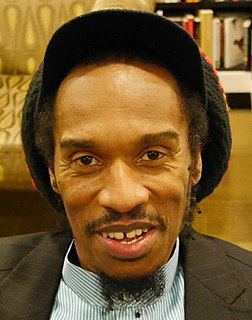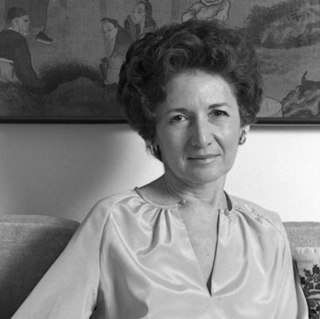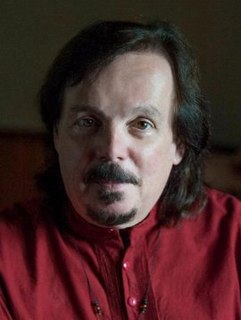A Quote by Steven Pinker
Language pedants hew to an oral tradition of shibboleths that have no basis in logic or style, that have been defied by great writers for centuries, and that have been disavowed by every thoughtful usage manual.
Related Quotes
Many and subtle are the ideological weapons that the State has wielded through the centuries. Once excellent weapon has been tradition. The longer that the rule of a State has been able to preserve itself, the more powerful this weapon; for then, the X Dynasty or the Y State has the seeming weight of centuries of tradition behind it.
I feel like it's not so much a tradition as a system that has been codified over the centuries starting in the Renaissance that applies to any painted surface. So if you're engaging in paintings, this is the language that one has to learn and is obliged to speak. I was very fortunate that I learned this language when I was a kid before I went to California, where I learned the language of attitude. Somehow the two things began to coexist.
In Paris style is everything. That is traditionally understood. Every street, every structure, every shopgirl has style. The style of Parisian architecture has been proved and refined by at least three centuries of academic dictates and highly developed taste. There are few violations of this taste, and there is exemplary architectural consistency. Paris has defined the aesthetics of a sophisticated urban culture.
Both Italy and Britain have a great tailoring tradition. British men are famously elegant and careful with their style: they love to have their clothes tailored, and they often have a trusted tailor who is passed on from father to son. Plus you have this great textile and fabric tradition, which has been a source of inspiration to us.
There's been resistance to every new technology that's ever been introduced. When books came out hundreds of years ago, there were complaints that it would destroy the oral tradition. Some of those fears were justified, but it didn't stop the rise of the written word. And books have proven to be incredibly useful.
I have been given something really, really special and really unique, and it is not just in and of itself having learned from my father, who is the greatest exponent of this musical style. But it is an oral tradition that is only generally passed on in that manner, and so without the people who continue to... learn it and perform it, it dies.
I think there's a great storytelling tradition in the restaurant business that tends to attract people with an oral tradition of bulls - ting and bollocking. Creative people, people for whom the 9-to-5 world is not attractive or impossible. It seems that way. There are a lot of stories in the business, and a lot of characters - and it seems to attract its share of artists and writers and people who hope to do something creative in their lives.
There is a sort of knowledge beyond the power of learning to bestow, and this is to be had in conversation; so necessary is this to the understanding the characters of men, that none are more ignorant of them than those learned pedants whose lives have been entirely consumed in colleges and among books; for however exquisitely human nature may have been described by writers the true practical system can be learned only in the world.
I view Witchcraft as a religion that has evolved over the centuries. I do not consider Witchcraft to be a modern invention. Instead I deal with it in my writings as a Mystery Tradition with long roots to the past. It has always been my position that we don't need an ancient tradition in order to be validated. We just happen to have one.





































